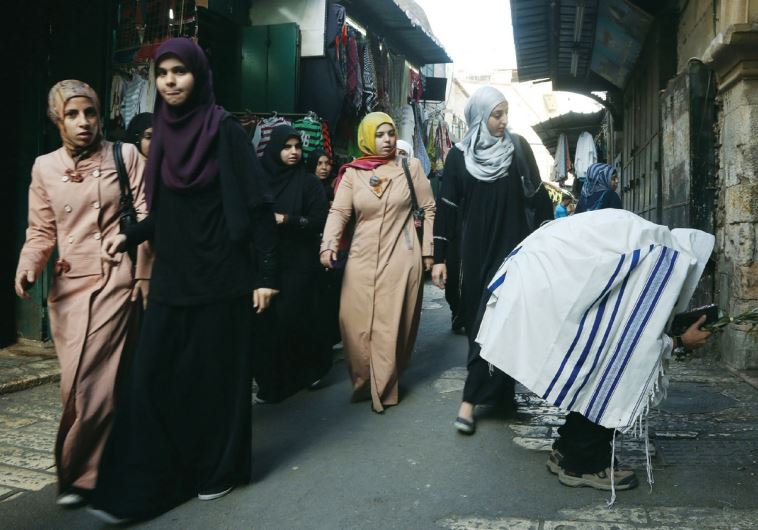Jerusalem Foundation’s new president discusses challenges on its 50th anniversary
Our main mission is to create hope for a better future, says new president Johanna Arbib-Perugia.
 Coexistence in Jerusalem’s Old City(photo credit: MARC ISRAEL SELLEM/THE JERUSALEM POST)Updated:
Coexistence in Jerusalem’s Old City(photo credit: MARC ISRAEL SELLEM/THE JERUSALEM POST)Updated: